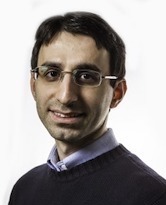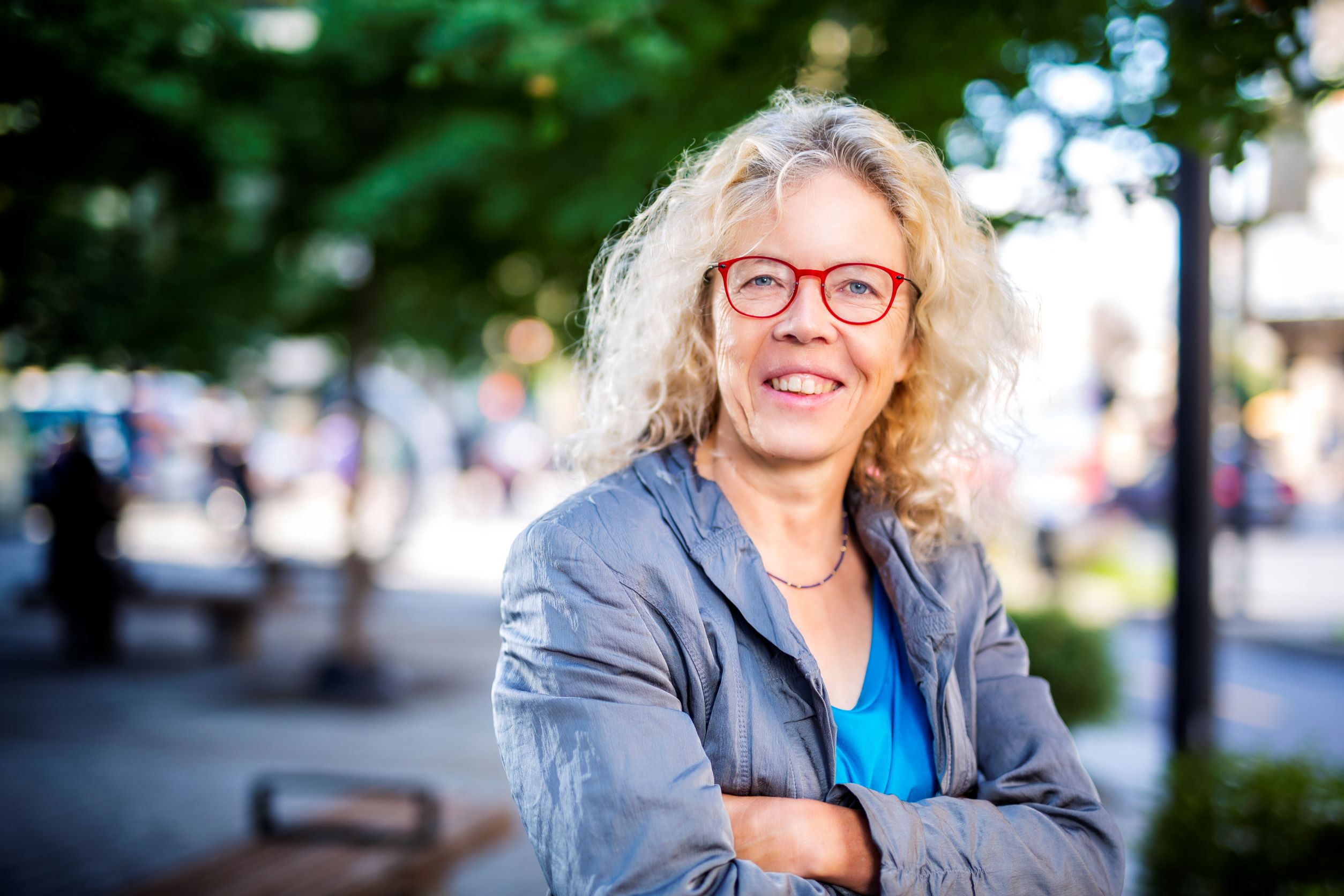Invited keynotes
This year and commemorating our 4th editon we will host two exceptional keynotes:
Title: Analyzing IoT systems formally and efficiently
Hamid Bagheri, PhD
University of Nebraska–Lincoln, USA.
https://cse.unl.edu/~hbagheri/
ABSTRACT:
The ubiquity of the Internet of Things (IoT) and our growing reliance on IoT apps make their dependability more critical than ever. Known for providing the highest degree of software assurance, software verification uses mathematical concepts to prove the correctness of specific properties. Among the notable developments is the emergence of lightweight formal methods, which enable automated, yet formally-precise analysis in an effort to reduce the burden on traditional formal verification techniques. In this talk, I will present the ongoing research in my research group, exploring the possibility of leveraging lightweight formal methods backed by automated program analysis for pragmatic dependability analysis of IoT systems in a compositional and scalable fashion. I will illustrate the ideas in the context of practical applications, discuss their potential for moving the field forward, and pose essential areas of research in the coming era.
BIO:
Hamid Bagheri is an Assistant Professor in the Department of Computer Science and Engineering at University of Nebraska-Lincoln. He is a faculty associate of the Institute for Software Research (ISR) at the University of California, Irvine. Bagheri is a co-director of the ESQuaReD Laboratory at UNL. Prior to joining UNL, he was a project scientist in ISR at University of California, Irvine, and also a postdoctoral research fellow at Massachusetts Institute of Technology. He obtained his PhD in Computer Science from University of Virginia in 2013. His research interest lies in Software Engineering and Formal methods, with a focus on advancing software dependability by developing new methods and tools relying on concepts from fields like lightweight formal methods, software synthesis, model-driven development, and software architecture. His publications in several top venues have been recognized as best papers.

Title: IoT solutions for smart, sustainable and decarbonised cities
Ursula Eicker, PhD
Concordia University– Montreal, Canada.
https://www.concordia.ca/faculty/ursula-eicker.html
ABSTRACT:
The decarbonisation of cities requires the energy system to be fully renewable and the demand side such as buildings and transportation able to flexibly react to fluctuating renewable supply. In addition, circular economy concepts and smart waste management are needed to reduce today’s overconsumption of resources.
IoT solutions play a major role on different scales: on the spatial scale of a building, the control of smart appliances and HVAC systems can provide the required flexibility and reduce energy demand. On a neighborhood or city level, the electrification of buildings and mobility needs to be well managed so as not to overload the existing electrical network infrastructure.
On a temporal scale, the power system stability demands fast control actions in the microsecond time scale, whereas buildings with their thermal loads react slower on a minute or hourly timescale. These multi-scale management challenges require an IoT framework for end users, system operators and manufactures to understand how to connect various devices and scale up IoT solutions across various sectors and scales. An Urban Scale IoT framework must be interoperable, communicate across sectors, maintain security and handle different levels of temporality.
In the keynote, IoT solutions on a building and city scale are discussed from the angle of accessibility to data, needed shifts from today’s proprietary energy management solutions and gaps in urban data and IoT device management dashboards. To enable the creation of new services for the building, mobility and waste sector, we propose an open source integrated platform for urban data handling, data analytics and smart modeling solutions. Through scenario building, modeling and smart energy management, we aim to facilitate the transition towards zero carbon cities.
BIO:
Prof. Ursula Eicker is the Canada Excellence Research Chair (CERC) in Smart, Sustainable and Resilient Cities and Communities at Concordia University Montréal. A German physicist, Eicker has held leadership positions at the Stuttgart University of Applied Sciences and its Centre for Sustainable Energy Technologies. She coordinated many international research projects in the fields of building energy efficiency, renewable energy systems and urban scale simulation.
Since June 2019, she leads an ambitious research program to establish transformation strategies toward zero-carbon cities. Around 50 graduate students work on decarbonisation pathways in the domains of the built environment, renewable energy systems, sustainable transport and circular economy. An urban data analysis and modeling framework integrates the multidisciplinary work. The 7 year research program received 10 million CAD government funding and is supported by a further 10 million Dollars by Concordia University.
In November 2020, Prof. Eicker founded Concordia’s Next Generation Cities Institute, which groups 14 university research centers and 200 researchers from all faculties. Three interdisciplinary research clusters deal with Built and Natural Environments as the hardware, Mobile, Secure and Sharing Cities as the software and Design, Arts, Culture and Community as the experience of the city. The Institute addresses the challenges of the urban transformation with a transdisciplinary approach and develops tools and strategies for a sustainable future.
Prof. Eicker has published 7 Books, 24 book contributions, 100 Peer Reviewed Papers and 330 Conference Papers.
